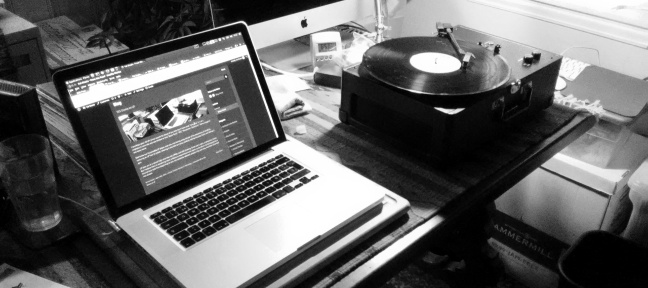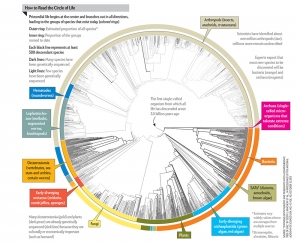Into the Forest
Once again, I have moved into the forest.
The place where I am most at home, where each hour of each day is mine to own.
Into the forest and the distant, chaotic heart beat of the city is but a fading memory.
Here, the only sounds are those over which humans have no control.
We cannot stop the aspen from quaking, the thunder from shaking, nor the rain from falling.
Into the forest and I feel I am once again … home.





